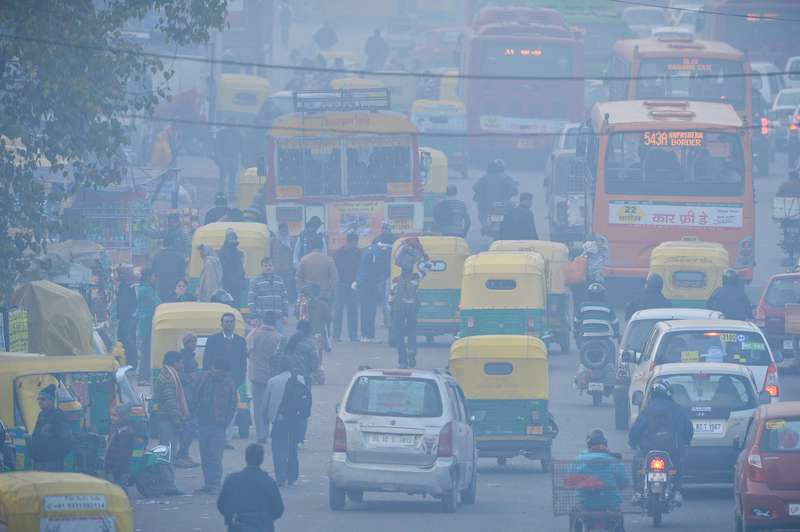India’s enforced ban on coal burning around New Delhi to fight worsening air pollution has forced local industries to shift to biomass.
Approximately half of the small industries surrounding the Indian capital now use biomass, up from 15% in 2020, regulators said.
“You can tell the fuel being used by the colour of the steam and the smell in the air,” said a manager at a small unit in the global cloth recycling hub of Panipat, about 100 km (62 miles) from New Delhi, who spoke on condition of anonymity.
“The air has improved since we shifted to biomass.”
Also on AF: Fix Your Own Debt Issues, Says China on Yellen Africa Remarks
The change in air quality is, as yet, hard to quantify.
But in Panipat, for example, the 2020 study, by think tank the Centre for Science and Environment (CSE), estimated a fall of 70% to 80% in sulphur oxide emissions, and a drop of 40% to 60% in nitrogen oxides, if all coal-based industries switched.
Textile recyclers, dyers and food processors in the city in the northern state of Haryana, along with those in neighbouring Sonipat and Faridabad, have quickly switched away from coal, the previous fuel of choice.
The change to biomass, which usually consists of pellets or briquettes of farm residue, promises to slash emissions and spur farmers to sell such residue instead of burning it, say industry officials and regulators.
‘King’ coal
The switch could also bring lower costs, since biomass is 14% cheaper than coal, a 2021 study sponsored by the British government showed.
Coal was “king” of fuels in India’s National Capital Region (NCR) after the South Asian nation banned petcoke – a polluting, energy-intensive alternative – in 2017, the CSE report showed.
It was the primary fuel for about a quarter of all industries in Haryana’s three major clusters near New Delhi.
Now coal is losing out to biomass.
“Many petcoke traders became coal traders after a ban on petcoke in 2017,” said Kamaljeet Singh, a senior pollution control official in Panipat. “Now hundreds of coal traders have become biomass traders.”
“It has been easier for small industries to convert to biomass instead of converting to natural gas because of lower prices,” Monish Ahuja, chairman of the Confederation of Biomass Energy Industry of India, said.
About 81% of the 398 industrial units operating in Panipat alone have converted to biomass, Singh added, devouring coal’s share of 56% in 2020.
Rising Prices
But biomass traders and consumers are voicing concern about rising prices after the coal ban and seasonal fluctuations in the supply of crop residue, citing these as factors limiting wider national use of the fuel.
Average prices of biomass briquettes rose 36% to 7,711 rupees ($94.80) a kilo by the end of 2022, versus 5,677 rupees at the end of 2021, on online marketplace BiofuelCircle, based in the western city of Pune.
But owners of industrial units in Panipat said the local nature of New Delhi’s coal ban confers a cost advantage on similar industries elsewhere in India, as they can continue using coal.
“Because of these restrictions, Panipat industries are finding it extremely difficult to compete,” said Bhim Rana, president of a dyers’ association in the city.
Higher costs fuelled by taxes and a ban on exports of biomass briquettes were among factors attributable to policy that limit supply, the British study said.
The study recommended developing a biomass trading platform, better storage, concessional loans and lower interest rates for investors in manufacturing.
- Reuters, with additional editing by Alfie Habershon.
Read more:
Shares of India’s Adani Group Plunge After Scathing US Report
EVs at the Centre of India’s Car Show in Clean Mobility Push
Modi’s Masterplan To Make India Energy Independent By 2047
India’s Adani to Splash $100bn on Clean Energy Over Decade
























